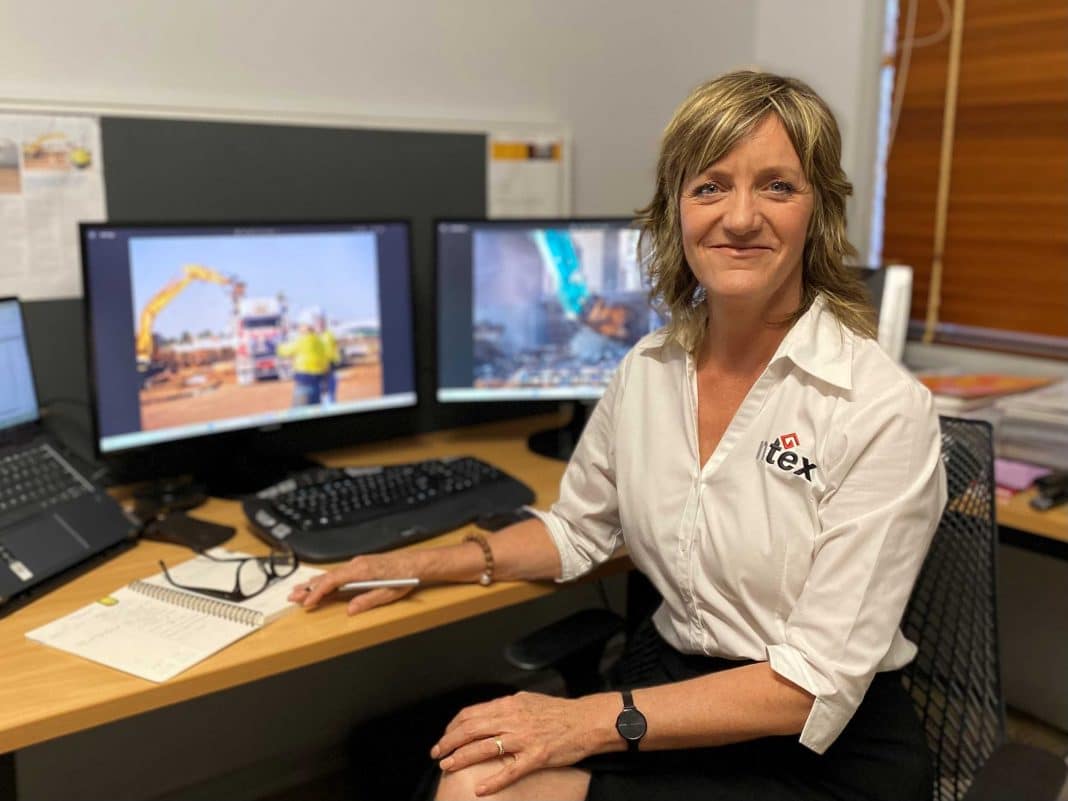Eileen Breen has worked as a school secretary in Humpty Doo, a landscape gardener in Melbourne, a massage therapist in Darwin, and a civil construction worker in Northern Ireland.
In between, there’s been stints on her parents’ apricot and asparagus farm, in floristry, as a calligrapher and an optometrist’s assistant.
There’s also an eco-retreat in Bali she co-founded with a local young woman, and years with a social organisation that mentors aspiring small business owners in the Northern Territory.
If that’s not enough to make a life’s work, Ms Breen’s latest venture is expanding a recycling program in the construction industry and giving vulnerable young people a start in the workforce.
Her career path has been mapped out by an insatiable curiosity, a trait she inherited from her sailor-turned-farmer father.
“People feel pressure to think: ‘What’s my purpose in life?’ But when you follow your curiosity, it opens up a whole world of possibilities,” Ms Breen told AAP.
“You still have to think about how to survive; you don’t have to go and start a business, but you can bring things you’re passionate about into what you do.
“That creates a lot more personal satisfaction.”
Ms Breen was last month received the Northern Territory AgriFutures Rural Women’s Award for her project SustainAbility, which advises businesses on environmentally-friendly practices.
She hopes to take the idea of turning waste into wealth to remote communities, where key heavy industries can diversify and develop circular economies.
Though it sounds like a spectacular rise, Ms Breen and her husband Gerry had to walk away from their construction business in his native Northern Ireland when the global financial crisis pushed the country into a deep recession in 2008.
“I said to my husband, ‘the reality is we’re going to be poor for a while. We can be poor and cold here, or we can be poor and warm and move back to Darwin’.
“It’s always been a place of opportunity.”
They returned to the territory, where Mr Breen established construction company NTEX.
Ms Breen came on board during the coronavirus pandemic to lead the expansion of its recycling program, which takes concrete and asphalt and turns it into material for road bases.
“Construction and demolition are really destructive and wasteful industries. With demolition works, everything goes to landfill,” she said.
“Instead of looking at that as a problem, it can be an opportunity.”
The business has partnered with Indigenous organisations to employ young men and women, some who are navigating the juvenile justice system.
“Everyone deserves a second chance,” Ms Breen said.
“If these young people don’t see opportunities and have no hope, how is anything ever going to change?”
The national rural women’s award winner will be announced in September.
By Stephanie Gardiner in Orange



